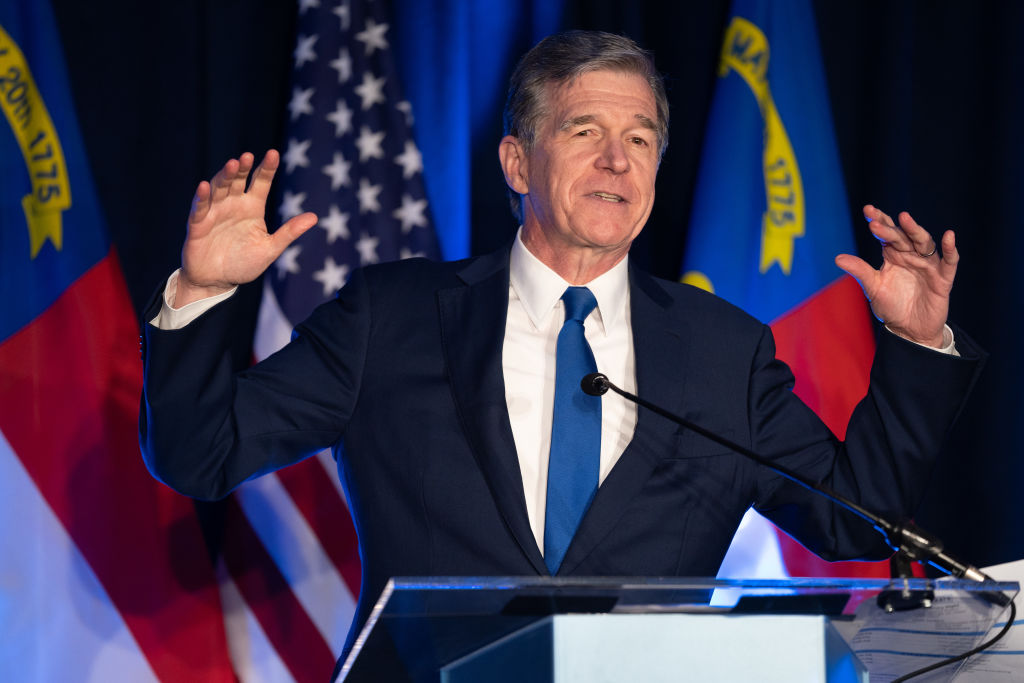The North Carolina Legislature overrode Democratic Governor Roy Cooper’s veto on three significant bills related to would “ban gender-affirming health care for transgender minors, prevent transgender women and girls from competing on female sports teams and limit classroom instruction about sexual orientation and gender identity.” Cooper vetoed these bills in July, denouncing them as “Republicans serving up a triple threat of political culture wars.”
The three bills are briefly summarized below:
- Gender-Affirming Health Care Ban: House Bill 808 prohibits medical professionals in the state from offering puberty blockers, hormones, and surgeries to transgender minors. However, it allows those who began treatments before August 1 to continue with their parents’ consent. The legislation also stops state funding for government health plans that provide “surgical gender transition procedures, puberty-blocking drugs, or cross-sex hormones to a minor.”
- Limitations on Transgender Participation in Women’s Sports: House Bill 574 prevents transgender women and girls from middle school to college level from participating in female sports teams. Republicans argue this bill maintains women’s sports integrity, whereas Democrats label it as “targeted abuse” towards transgender youth.
- Classroom Restrictions on Gender and Sexuality: The Legislature also overruled Cooper’s veto on the Parents’ Bill of Rights, barring kindergarten to fourth-grade teachers from discussing gender identity or sexuality in classrooms.
With the North Carolina House voting 74-45 and the Senate 27-18 to override the veto, North Carolina becomes the 22nd state to enact such a ban.
These legislative moves mark a departure for North Carolina, which had previously steered clear of passing anti-LGBTQ policies after the infamous 2016 “bathroom bill.” This bill, House Bill 2, restricted transgender individuals from using public restrooms aligned with their gender identity. This led to nationwide protests and potential economic setbacks, costing the state an estimated $3.7 billion in lost business.
Although the law was partially rolled back after Cooper’s election in 2017, and its restrictions on transgender bathroom usage were settled in federal court in 2019, this new wave of legislation indicates a renewed focus on LGBTQ issues in the state.













